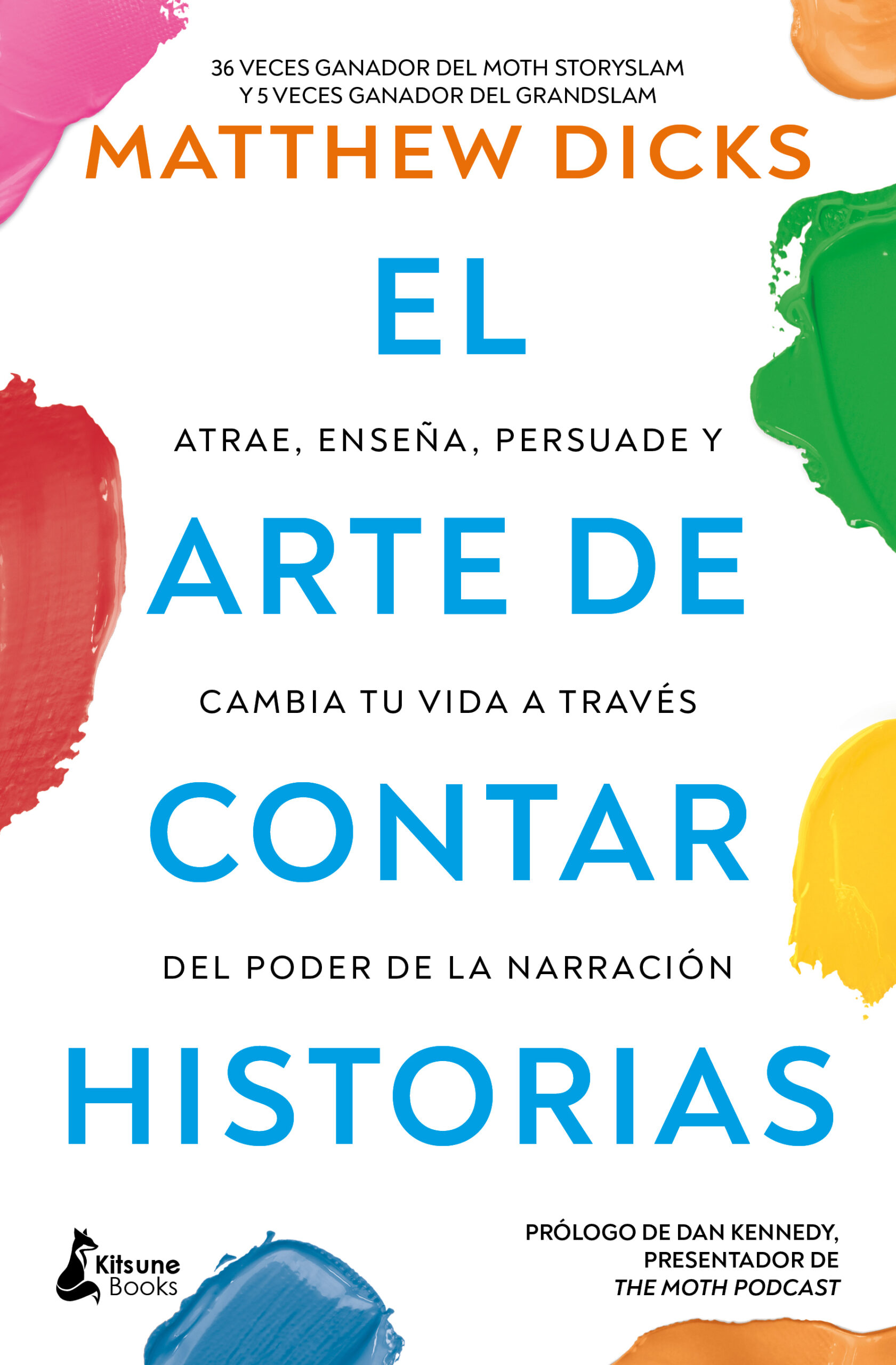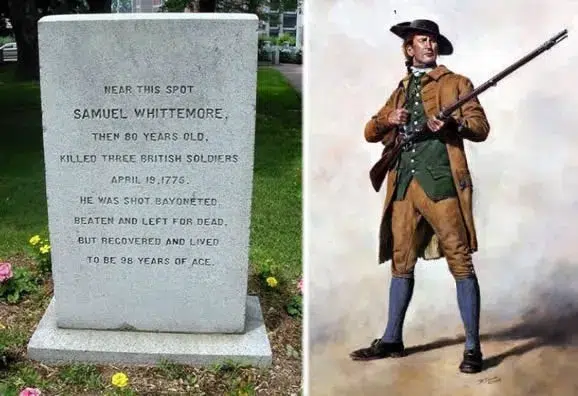I’ve been experimenting with the possible uses of ChatGPT.
There are many.
Yesterday, in order to test its accuracy, I asked it to “Write a bio for Matthew Dicks.”
It produced six grammatically correct paragraphs.
I liked some of its sentences quite a bit:
“His engaging and often humorous stories quickly gained him a significant following, and he became a regular performer at storytelling events throughout the Northeast.”
I appreciated its use of “engaging and humorous,” though I’m fairly certain the AI has never heard me perform.
Also:
“In addition to his work as a storyteller, Dicks is also a successful novelist. His first novel, “Something Missing,” was published in 2009 and was a critical and commercial success.”
Anytime someone talks about my first novel, published 14 years ago, I’m thrilled.
The AI also made a number of glaring mistakes, including:
- “He was born in Boston, Massachusetts in 1970.” Wrong city, wrong state, and wrong year.
- “He grew up in West Hartford, CT.” Wrong state and wrong town.
- “He’s a regular contributor to the writing advice website Writer Unboxed, where he shares tips and advice on the craft of storytelling.” I’ve never written for that website, nor had I ever heard of it before today.
- After years of teaching, ChatGPT also reports that I became a stay-at-home dad. This was news to me! While it would make financial sense to quit teaching and engage in my more profitable endeavors, I love teaching. I love the kids, and I love the work. As of this moment, I am still an elementary school teacher. Happily so.
Still, producing six grammatically correct paragraphs containing information that is about 65% accurate isn’t bad. It also left out many things that my bio should probably include, and it reads like an encyclopedia entry, absent any voice, but it’s a start.
For some people, I think a start like this might be exceedingly helpful.
The blank page can be daunting, especially if you were taught to write by teachers who didn’t actually write, which is often the case. Rather than understanding the process and craft by engaging in it from time to time, most teachers pretend to know or imagine what writers do and base their teaching upon these oftentimes faulty assumptions.
They might also use curriculum written by people who only write curriculum, which can be equally problematic. How can you instruct a young person (or grown-ass adult) to write fiction or memoir or poetry if you’re not doing so yourself?
The blank page can also be daunting if you encountered some monster along the way who offered feedback on your writing solely in the form of criticism, absent any words of praise or appreciation.
As a result, most people don’t write, and most people don’t like to write, simply because the people who taught them to write didn’t know what the hell they were doing and were insensitive to their needs as a writer.
If a program like ChatGPT can eliminate the fear of the blank page by providing an awful first draft, and if it can serve as a crutch for those who want or need to write but struggle to do so, I’m willing to give it a chance and see if it can make a difference.
I’m not claiming to fully support artificial intelligence as a means of helping people become better writers, but I’m willing to see if it can help.
If it makes people want to write, and if it helps people write more often, it might not be so bad after all.










